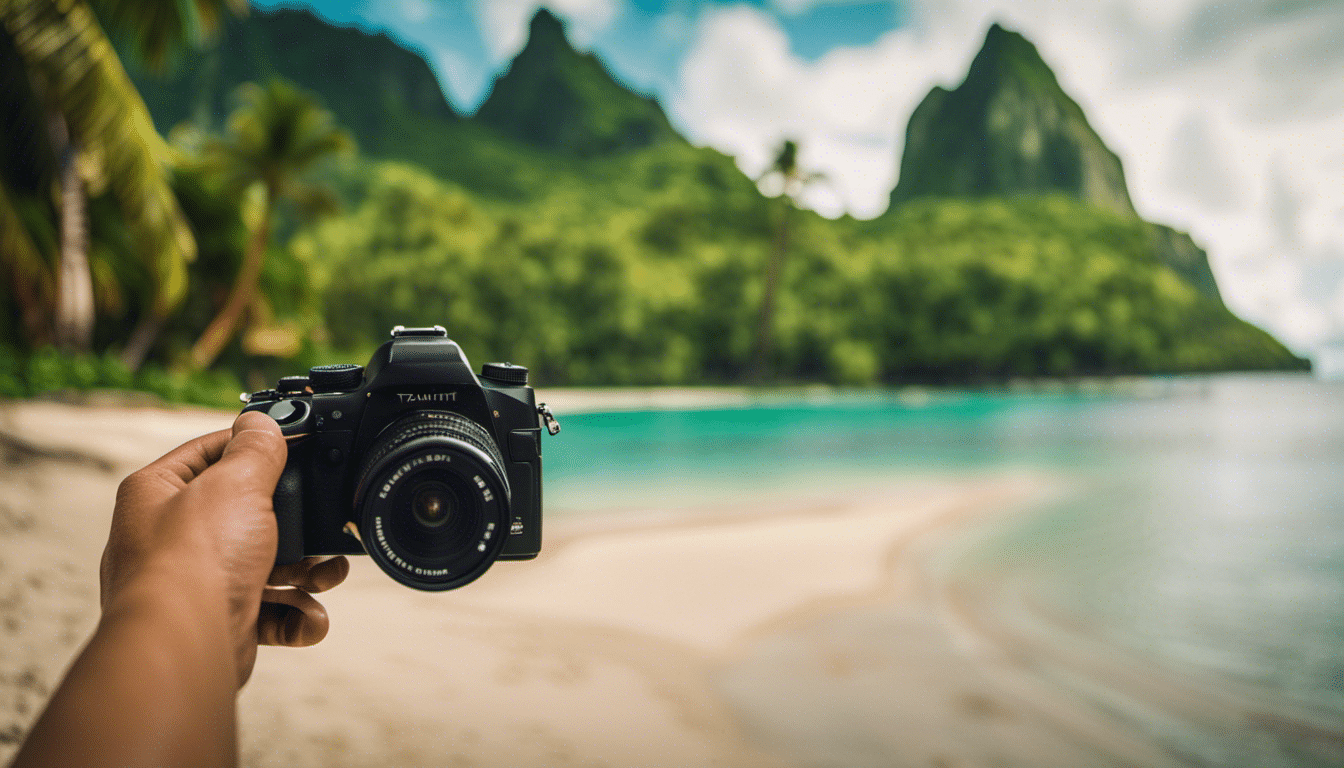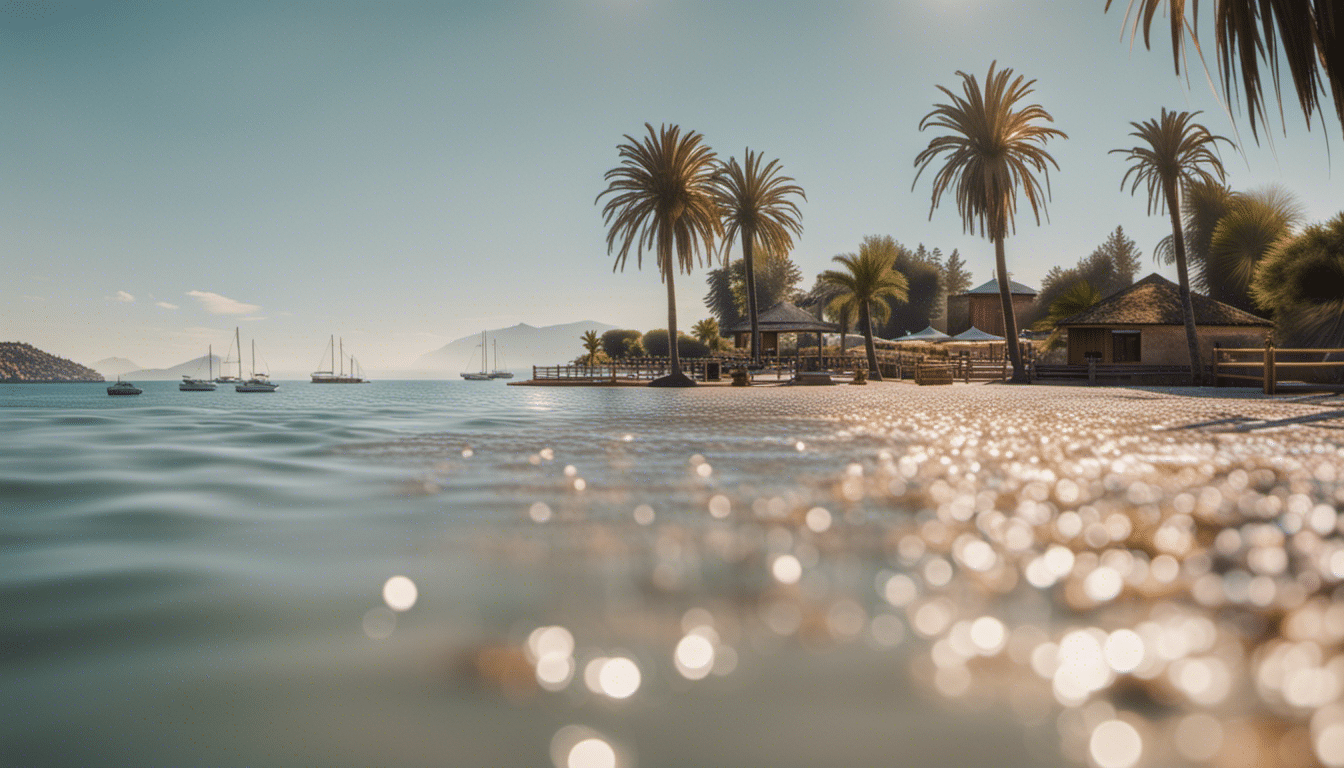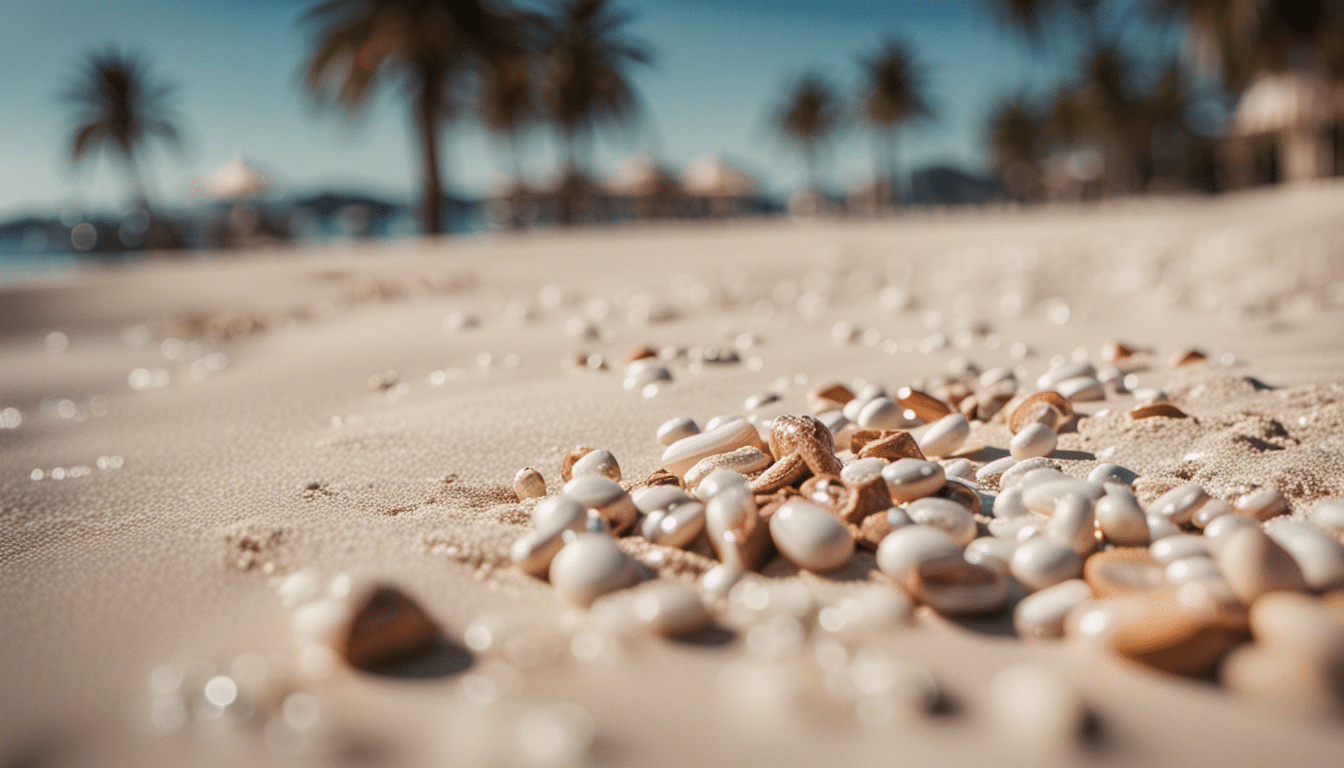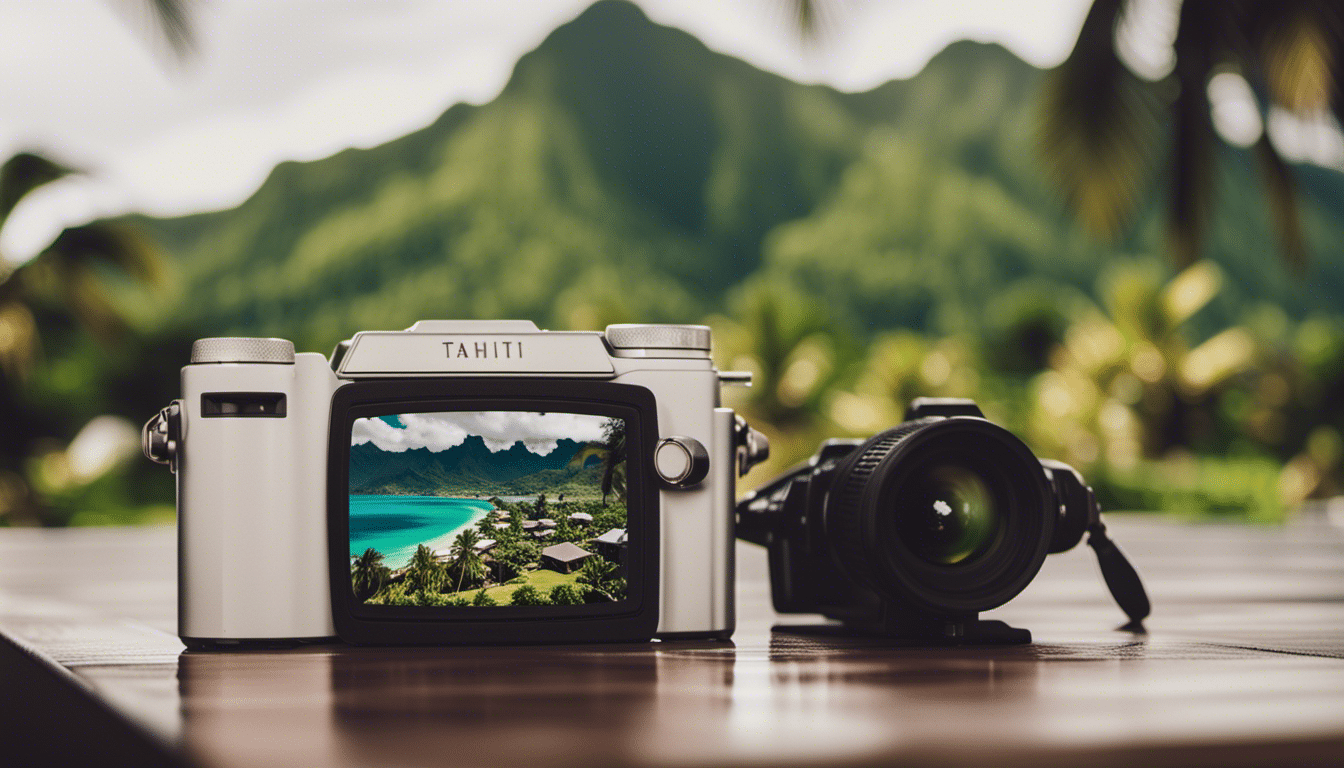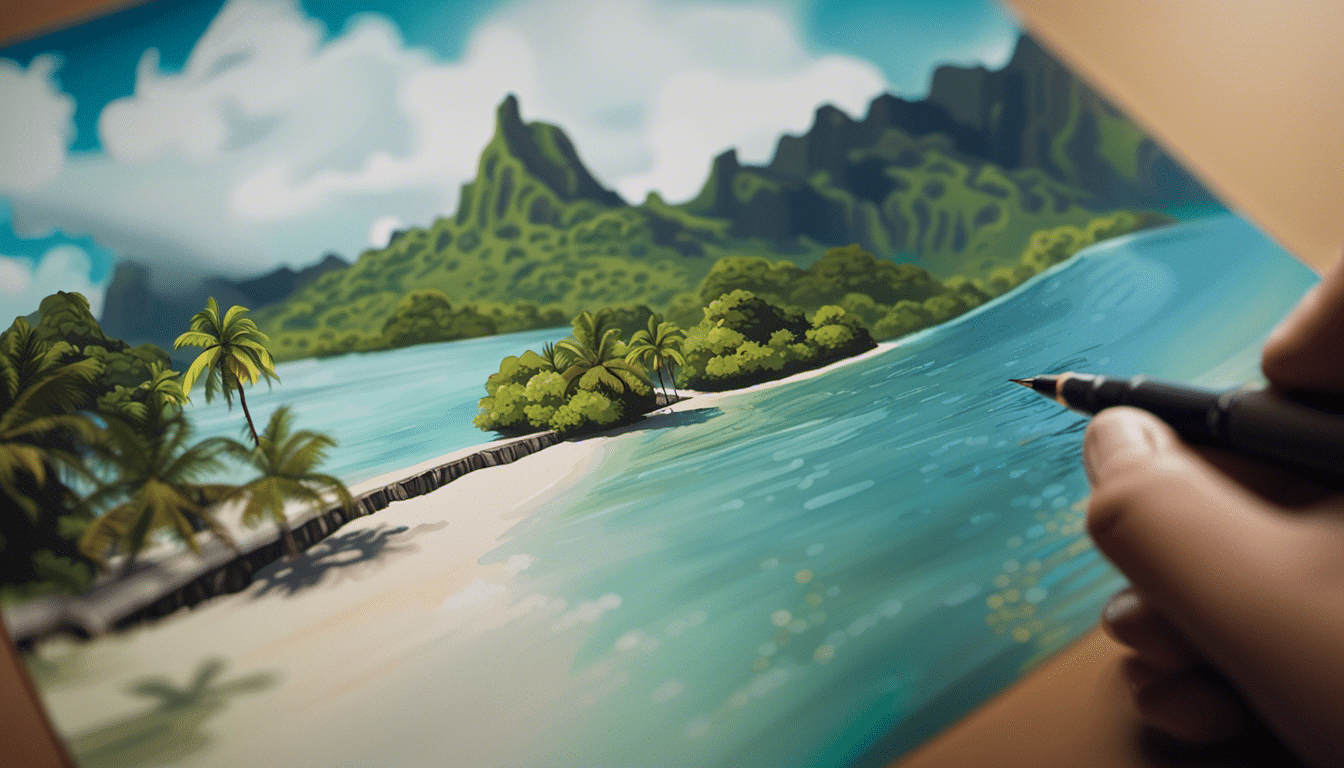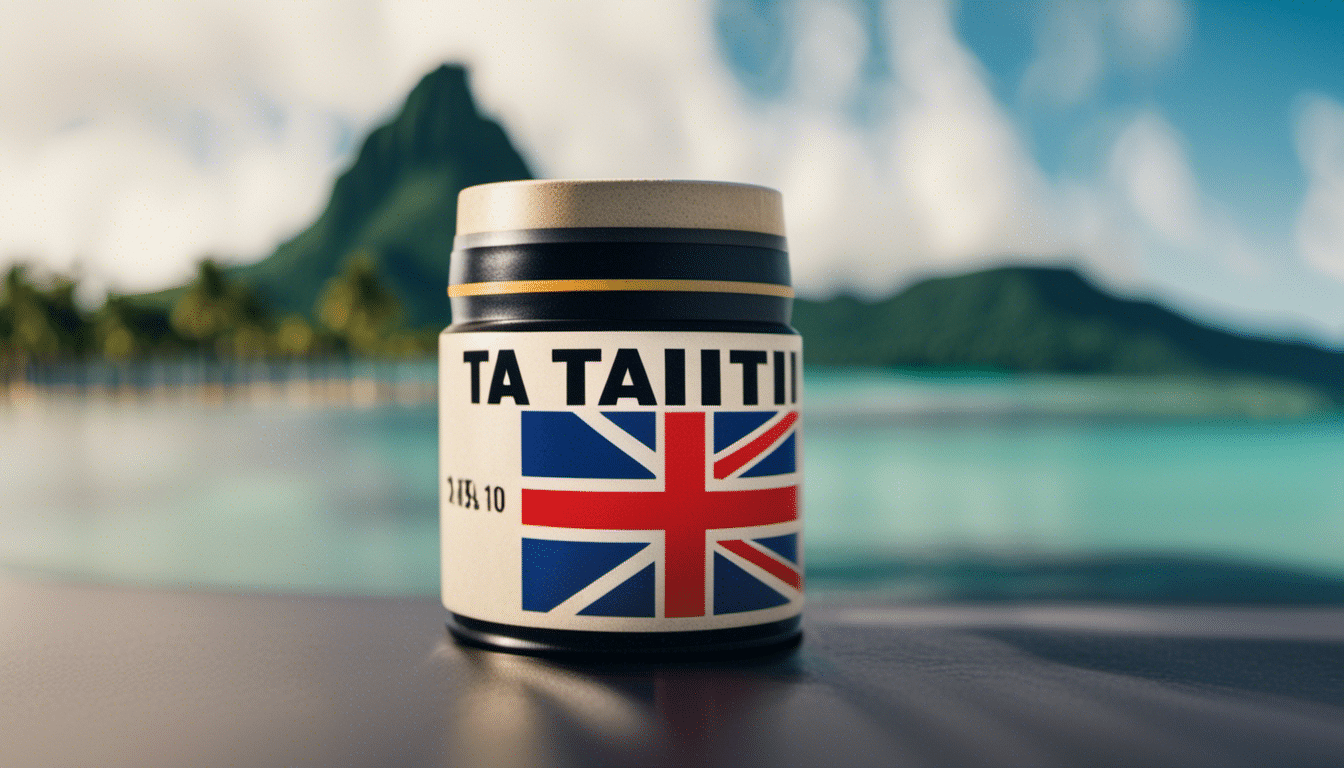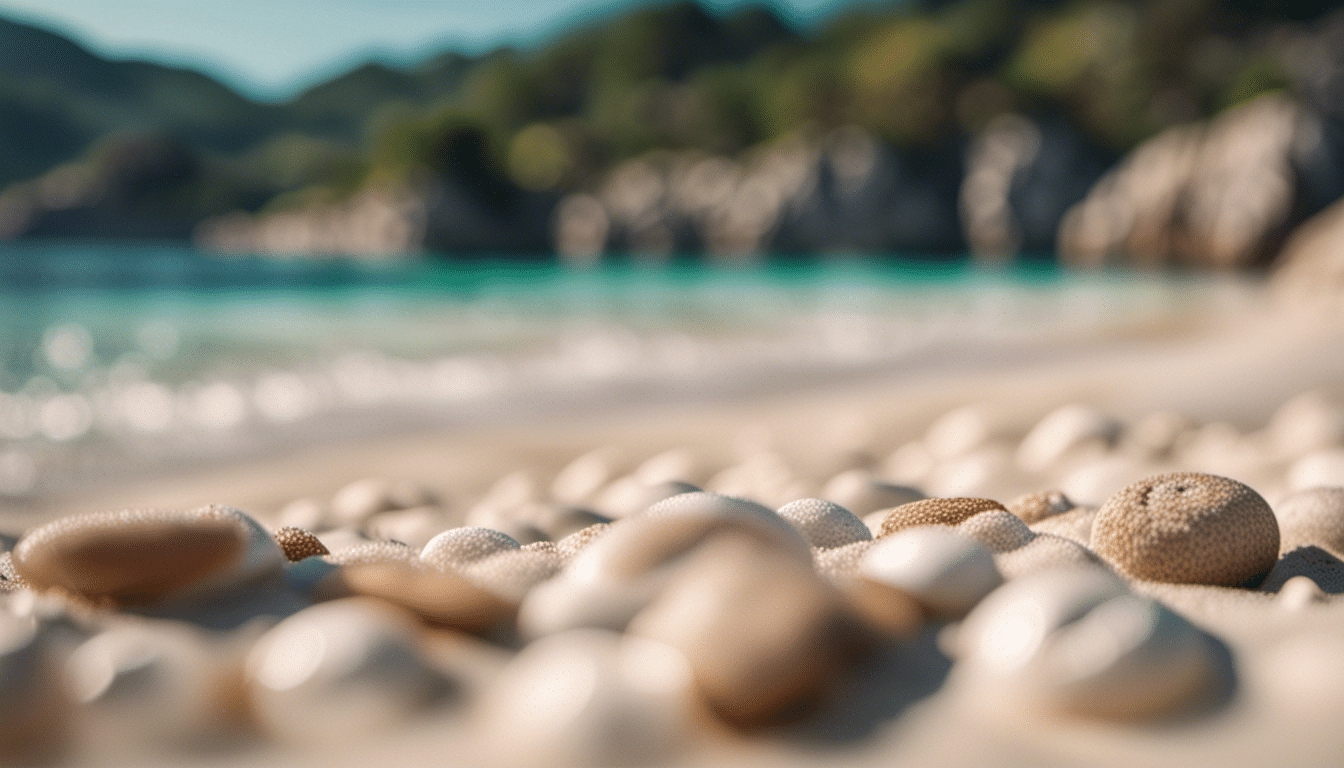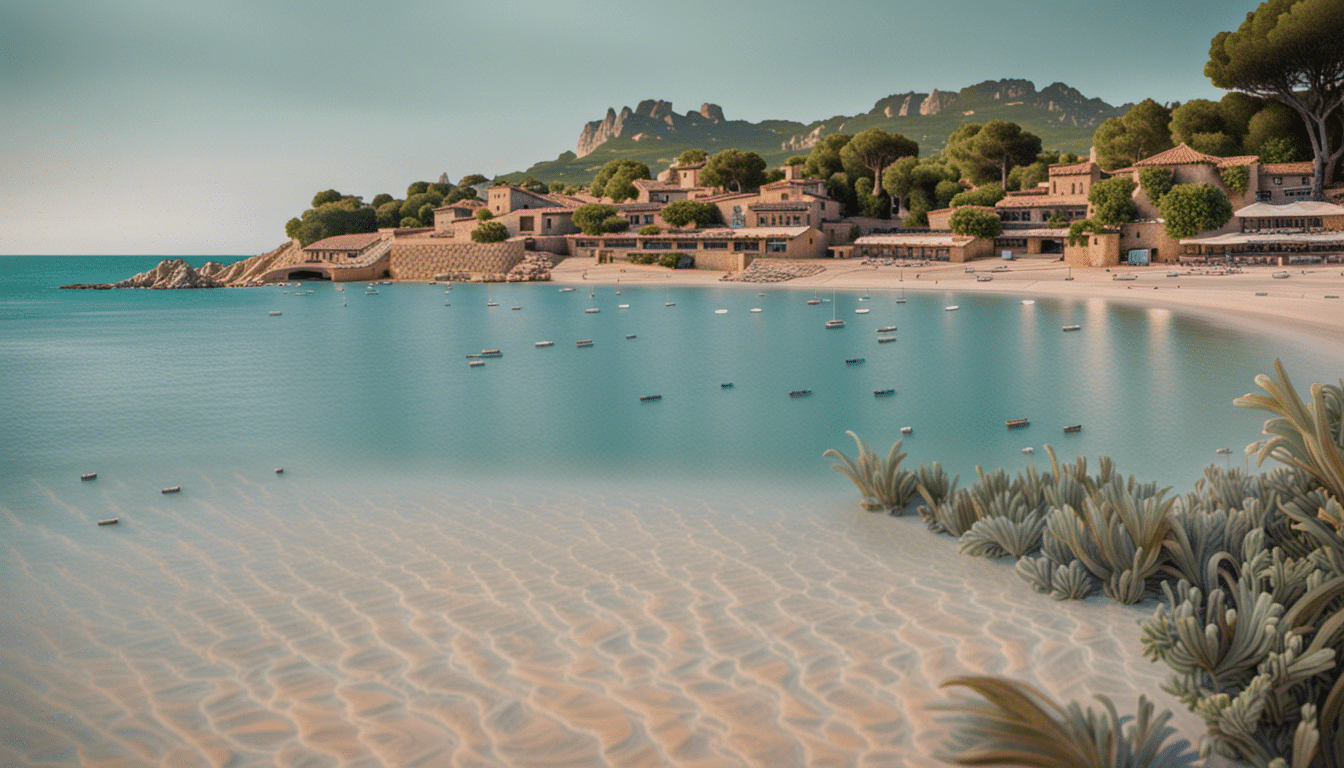The islands of French Polynesia are a dream travel destination for many. Tahiti, the largest island in this group of islands, is known for its natural beauty, rich culture and welcoming people. When traveling to Tahiti, it is important to pay attention to how you interact with the culture and the environment.
Invitation to respect the local culture
The people of Tahiti are known to be warm and welcoming to visitors. However, it is important to respect their culture and customs, which are deeply rooted in their way of life. Here are some key points to keep in mind during your trip to Tahiti:
Take time to learn about Tahitian culture
Do some research ahead of time to learn about the local culture. You can also visit local museums and meet locals to learn about their way of life. It is important to respect local customs such as appropriate dress, greetings and thanks, local food, etc.
Show respect for sacred places
The locals protect their sacred places quite strictly. Avoid stepping on maraes (Polynesian temples) or touching tikis (stone statuettes). You can simply observe these sites to better understand their history.
Reduce noise and respect quiet hours
It is important to reduce noise, especially at night, to avoid disturbing local residents. It is essential to follow local noise regulations, especially near places that prohibit the emission of sounds after a specific time.
Take care of the natural environment
Tahiti is an eco-tourism destination. To preserve this destination, here are some actions to avoid and adopt.
Pay attention to your waste management
It is essential to avoid littering at all times, especially plastics. Waste, especially plastics, is a major problem for local flora and fauna. If you have waste, be sure to keep it in a plastic bag or suitable container before disposing of it in the appropriate places.
Respect marine life
Tahiti is also known for its crystal clear waters and abundant marine wildlife. It is therefore important to respect the sea creatures by not stepping on the corals and avoiding touching the marine fauna. You can also make sure not to throw litter in the ocean and participate in beach cleaning activities offered by local associations.
Use ecological means of transport
Cruise ships and boats cause greenhouse gas emissions and therefore have an impact on the environment. To reduce your environmental impact, you can opt for ecological means of transport such as walking, cycling, or even the use of electric cars or public transport.
Conclusion
By respecting the culture and environment of Tahiti, you can contribute to the sustainable development of this tourist destination. The locals will appreciate that you respect their culture and customs while enjoying the natural beauties of this place. By adopting good environmental practices, you are also helping to preserve these beautiful islands for future generations. Take full advantage of your trip to Tahiti while respecting local values and nature.
FAQs
How to dress in Tahiti?
Although the local culture is more relaxed, it is always advisable to wear appropriate clothing when visiting sacred sites or meeting public authorities (women with skirts and/or covered shoulders, men with shirts or polo shirts preferably).
What are the traditions of Tahiti to respect?
The hula is probably the most famous dance in Tahiti, accompanied by religious ceremonies. The “pahu” or the “toa” are the most used instruments in Tahitian music. Not touching the “tikis”, not bathing in the sacred waters or respecting the “tapus” (prohibited areas) are important traditions to respect.
How to get around in Tahiti?
You can take a plane to reach the island or travel by boat to reach the other islands. Tahiti also has many taxis, but it is better to opt for public means of transport (bus) or use electric vehicles.




